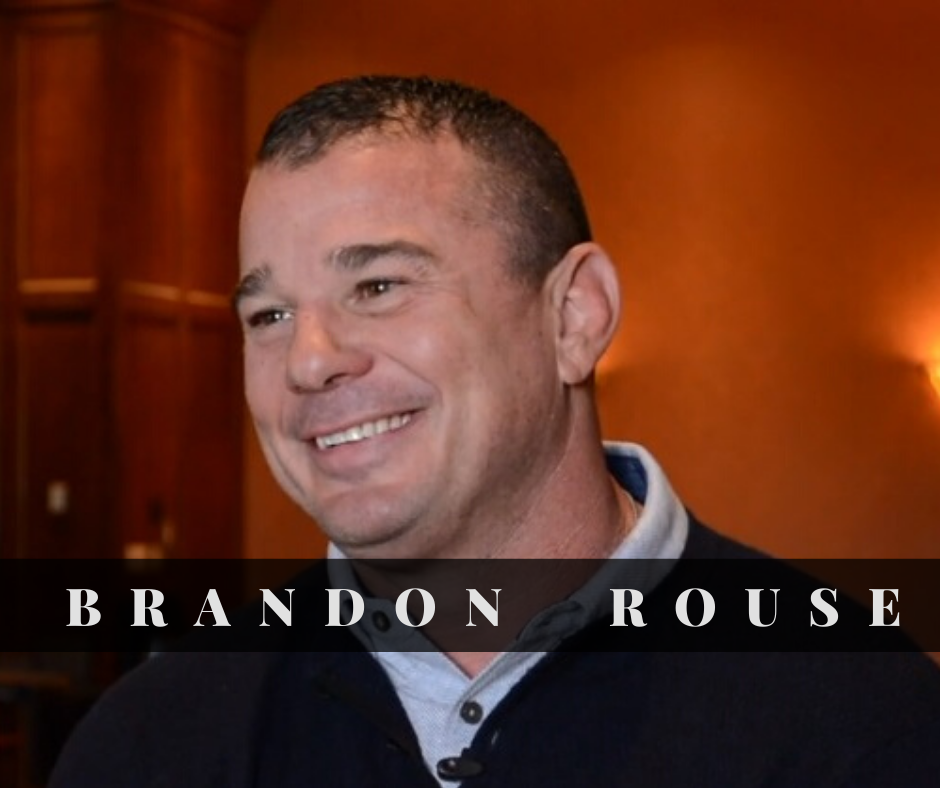Instead of yielding to the pressure of time, take pauses to reflect, ask if you’re doing things correctly and make adjustments along the way says L. David Marquet, author of the book Leadership is Language. In other words, don’t obey the clock. In his publication, Marquet focuses on the language of leadership and suggests that leaders must discard the dated Industrial Age “playbook” that splits people between “blueworkers” (those who decide) and “redworkers” (those who obey). In today’s fast and complex world that demands a hybrid approach to business (i.e., a combined “red-blue operating system”) where intense periods of focused, goal-oriented “redwork” alternate with periods of “bluework” for rest, reflection, celebration and improvement, how can leader’s breakdown barriers and avoid letting the clock serve as the core driver?
Marquet refers to Industrial Age “playbook’ (a system that once divided workforces) as obsolete however, we still see examples of dated methodologies being used in our modern world including one of the most preventable disasters in seafaring history in 2015. The El Farocommercial vessel sailed directly into Hurricane Joaquin. Salvaged voice recordings from its bridge revealed that the Captain decided to make the Jacksonville-to-San Juan run along the most expedient route, not the safest. He made no allowances for the weather. The ship’s rigid organizational structure meant no one challenged the Captain’s authority and sadly, everyone aboard perished.

When leaders fail to allow dissent and manage projects simply “by the clock” opting to get things done faster vs. smarter, they not only risk taking decision-making power away from their teams, they risk losing perspective and the discovery of additional possibilities.
Marquet’s suggestions to help break down barriers between differing opinions requires collaboration: 4 Steps
- Have a Vote, then Discuss – Depending on your organization’s level of trust, this can be a secret ballot or a show of hands. Instead of asking questions with yes or no answers, ask members to vote along a scale.
- Don’t Compel. Be Curious – Invite outliers to speak – and to speak last. Avoid leading, aggressive or self-affirming questions. Ask “how” instead of “why.”
- Don’t Push Consensus. Invite Dissent – Dissent drives innovation. Outliers may remain quiet out of fear in the face of a consensus. Make it safe and easy for them to talk. Make dissent random by handing out cards. Whoever gets the black card must dissent.
- Instead of Instructions, Give Information – People feel coerced when you tell them, “Park there” or “Be back by 10 a.m.” Say instead: “I see a parking spot there” or “I will start at 10 a.m.”
Changing corporate culture to remove the stigma from requesting a pause (not obeying the clock) takes time and practice but with collaboration and the right leadership, it can break down barriers, allow for dissent, and create opportunities to test possible actions and new solutions.
Leadership Challenge: Are you “avoiding the clock” enough within your organization? If so, what benefits have you witnessed as a result? If not, what prevents you from exploring this idea further?
Brandon Rouse leads a diverse and growing team of professionals well-versed in the challenges facing healthcare today. Headquartered in Oklahoma City, OK, Brandon’s experienced team represents various technological and innovative medical solutions. ZB RX Medical is a direct distributor of Zimmer Biomet.


